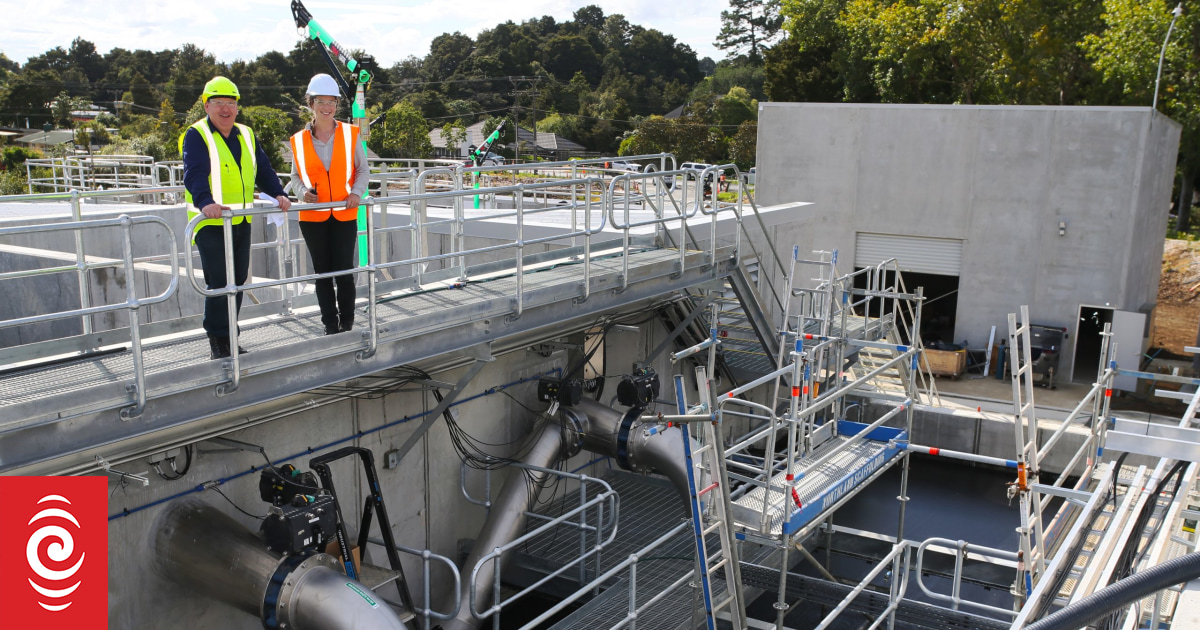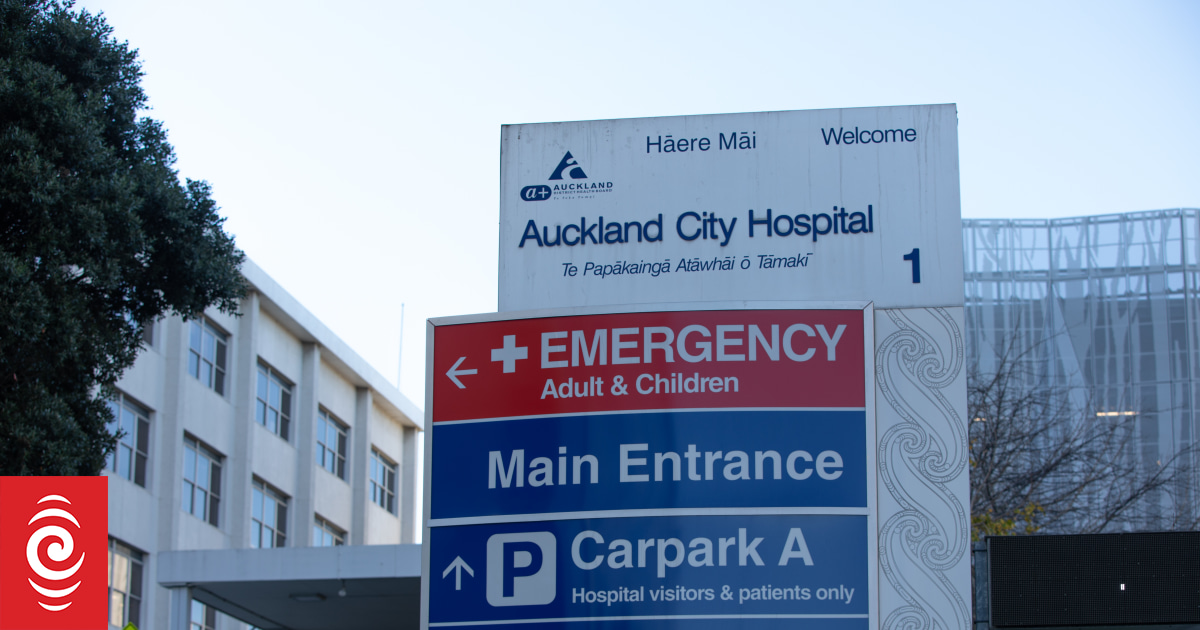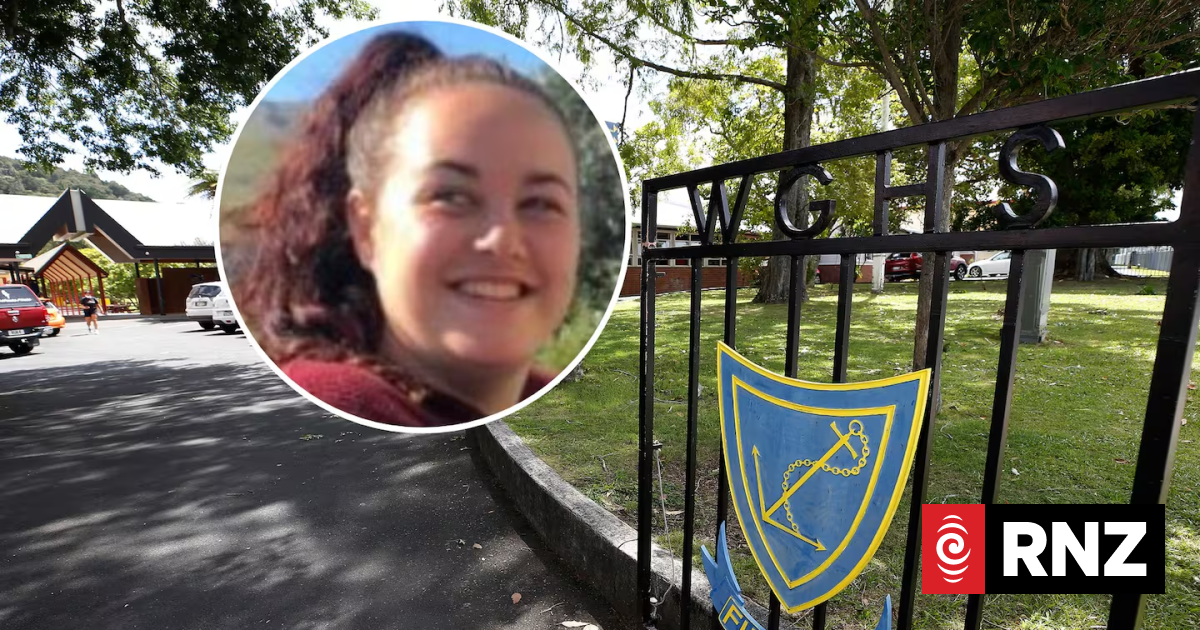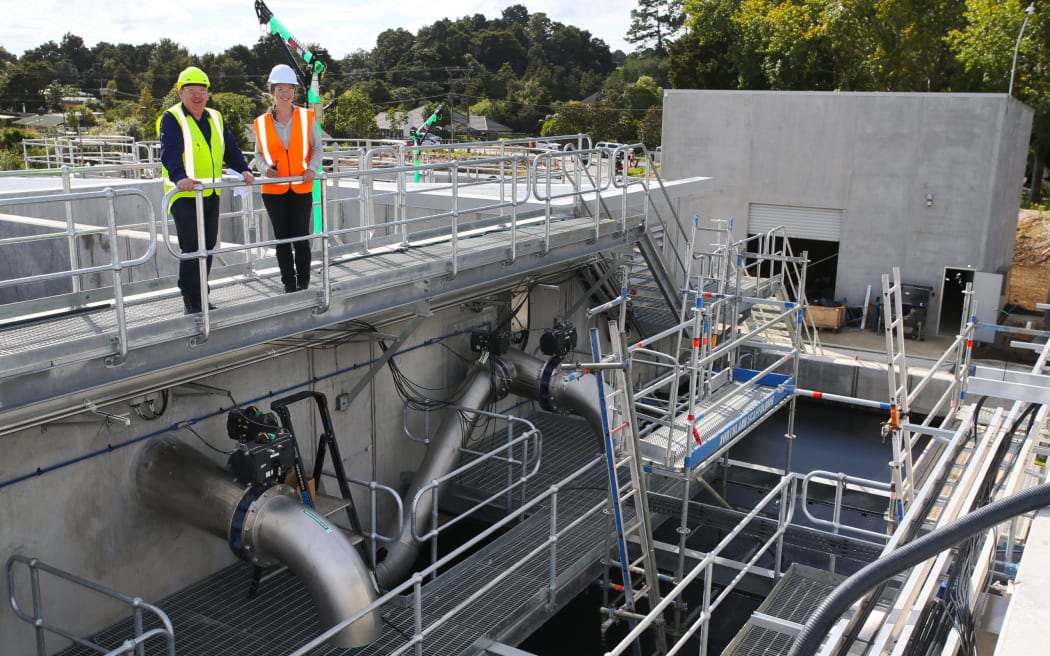
Fluoridation is on the cards for Whangārei’s Whau Valley water treatment station.
Photo: Northern Advocate
The latest bid to pause fluoridation in Whangārei’s water supply has failed after a heated council debate.
About 300 Whangārei residents will now be surveyed on what they think about the introduction of fluoride to the town’s drinking water.
The phone survey comes after intense debate around the council table over whether to stop, pause or continue fluoridation, at a meeting on Thursday.

Debate flared up again after a recent High Court ruling that then Director-General of Health Sir Ashley Bloomfield’s 2022 directive to the council to fluoridate was unlawful.
Work will continue on getting about $4 million of fluoridation infrastructure in place, ahead of a Ministry of Health deadline that all Whangārei’s drinking water must be fluoridated by the end of 2024.
Councillor Marie Olsen on Thursday sought to pause this work until the legal position could be clarified on the 10 November High Court ruling.
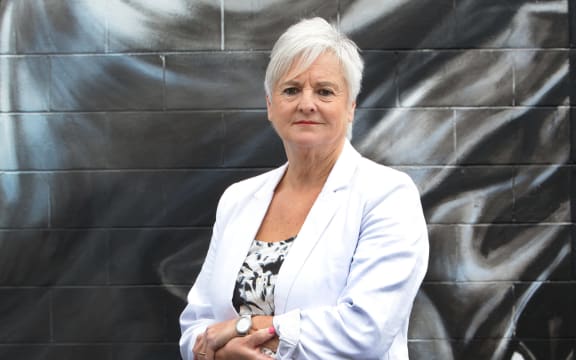
Marie Olsen
Photo: Northern Advocate
But her push was lost in a 7:6 vote, as both sides’ refused to shift in a fluoride fracture with roughly the same number of councillors on opposing sides.
The debate played out as the public gallery filled with anti-fluoride campaigners, who used the silent hand waving New Zealand sign language version of noisy clapping to support politicians who spoke against the introduction of fluoride.
Whangārei District Council general manager infrastructure Jim Sephton said the council’s legal advice was that the directive from Sir Ashley still stood.
“Until the outcome of the (2 February) relief hearing is known, council’s legal positions in relation to the directives, the funding agreement and the contract for delivery of works have not changed,” Sephton said on Thursday.
“It would appear to be premature to take any alternative actions until the outcome of the relief hearing is known.”
The costs of stopping or pausing fluoridation implementation would be about $9m – including the Ministry of Health $200,000 fine for not meeting the directive and its ongoing $10,000 daily penalty costs.
However, Olsen said Rotorua District Council had paused its fluoridation after the High Court ruling.
She had been advised in talking with Rotorua District Council that breach of contract would not hold water for WDC if it ceased its own fluoridation implementation work.
She had also been advised that the fines that had been indicated for WDC in that situation would also not hold water if brought before the High Court as it had already found the directive unlawful.

Fluoridation added to Whangārei’s water treatment plants, such as this at Whau Valley, is at present scheduled to happen before the end of next year.
Photo: Northern Advocate
Justice Paul Radich, after his 10 November High Court ruling, requested that the parties find a way forward. This has not happened. As a result, 2 February has been set aside as a hearing date for Radich to rule on a remedy.
Mayor Vince Cocurullo said the council would take note of the February ruling, and the implications of any changes on fluoridation that might come through from the new government.
Sephton said that the High Court had not quashed the directive on 10 November. Neither had it said that fluoridating water supplies was unlawful.
The High Court finding related only to the process used in making the directive.
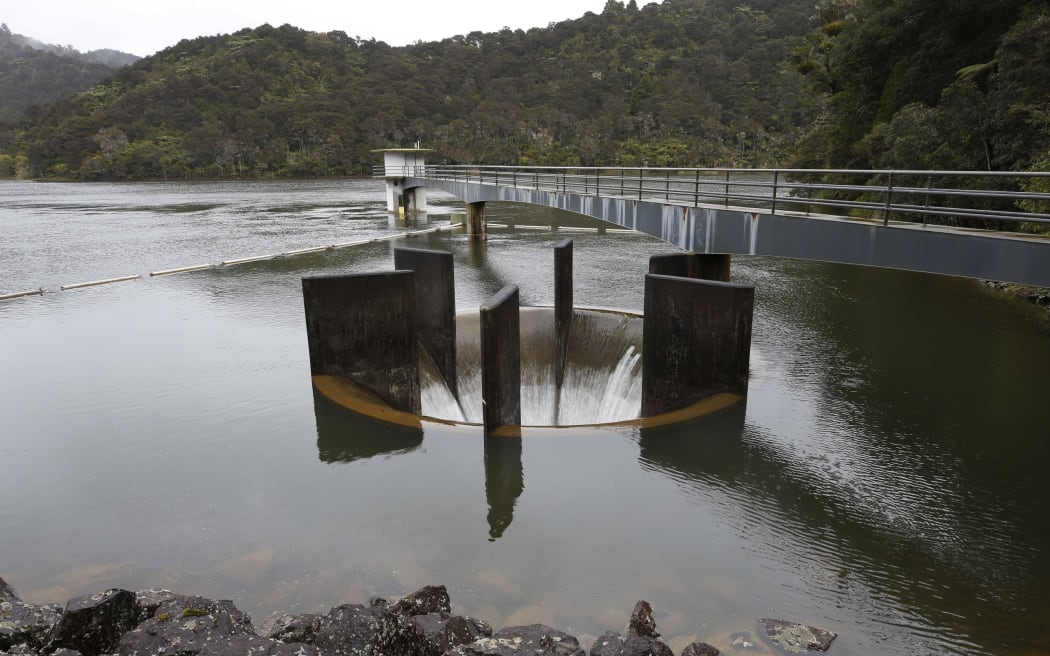
Whau Valley dam is Whangārei’s main drinking water supply.
Photo: Northern Advocate / Michael Cunningham
A Ministry of Health letter to WDC on 17 November said it was considering the implications of the High Court ruling.
“However, the letter from the ministry indicated that the original direction remains in force at this time,” Sephton said.
He said there would be potential costs of about $9m in stopping or pausing the fluoridation infrastructure implementation contract.
He told councillors WDC had already received the Ministry of Health’s first $2.28m payment toward the fluoridation implementation.
Pausing or terminating the fluoridation construction and consultancy contracts for installing fluoridation equipment would be as high as $1.33m.
The phone survey of Whangārei residents will update community feedback from a 2002 council referendum of local residents where 62 percent of those polled said they did not want fluoridated drinking water.
Local Democracy Reporting is Public Interest Journalism funded through NZ On Air

